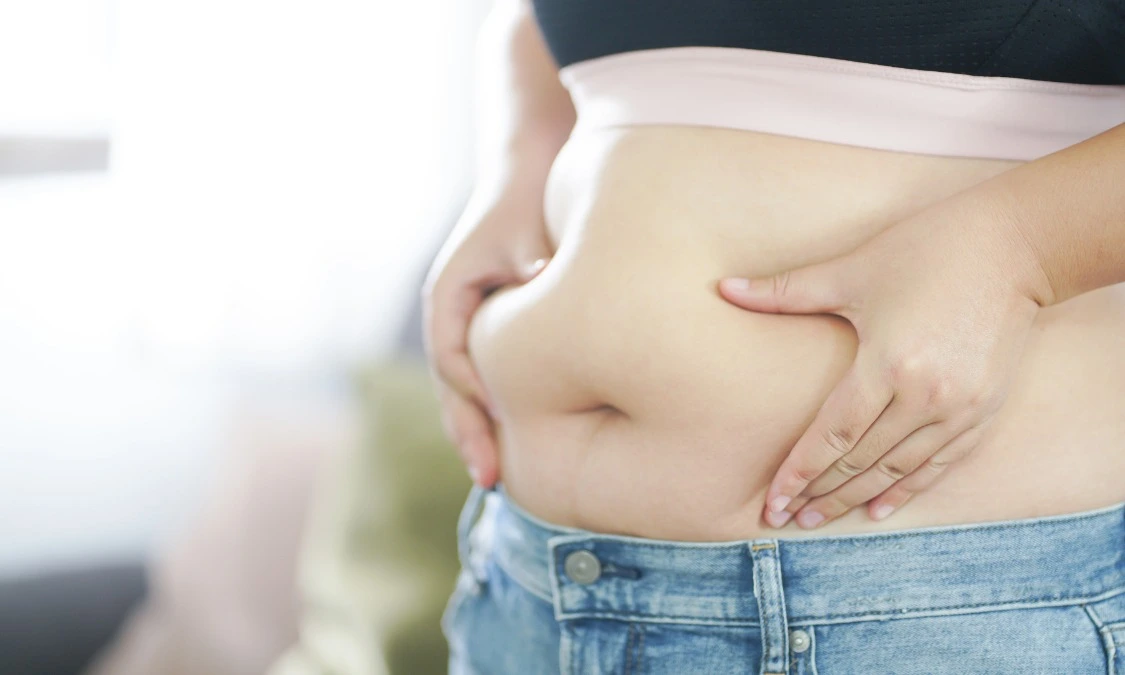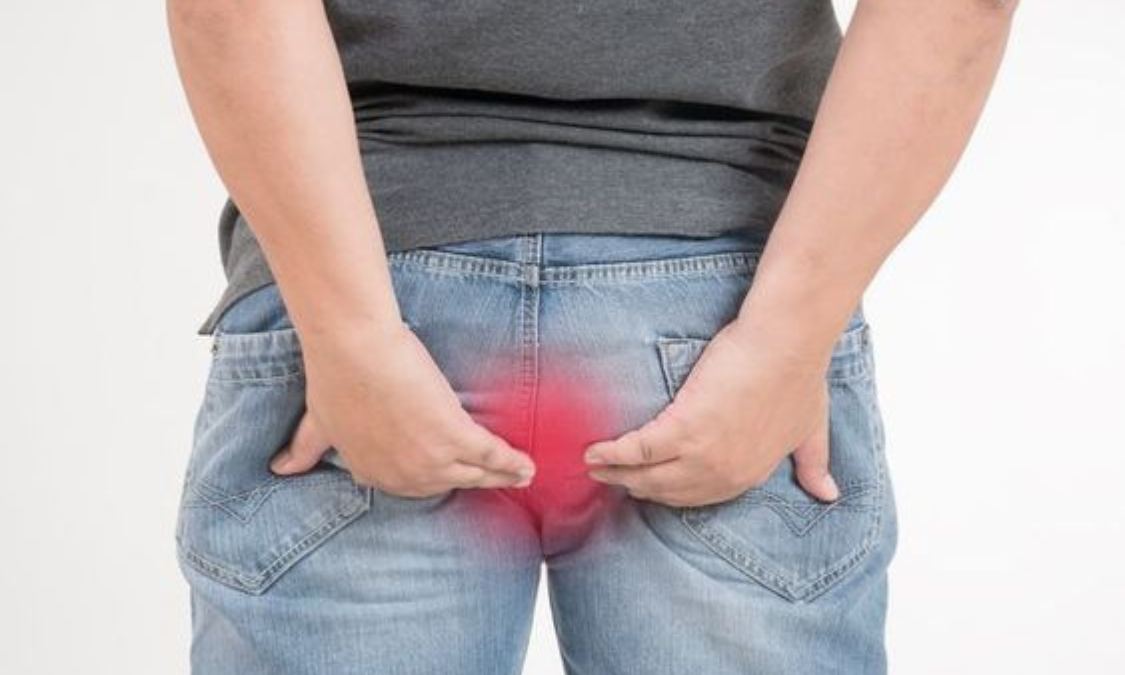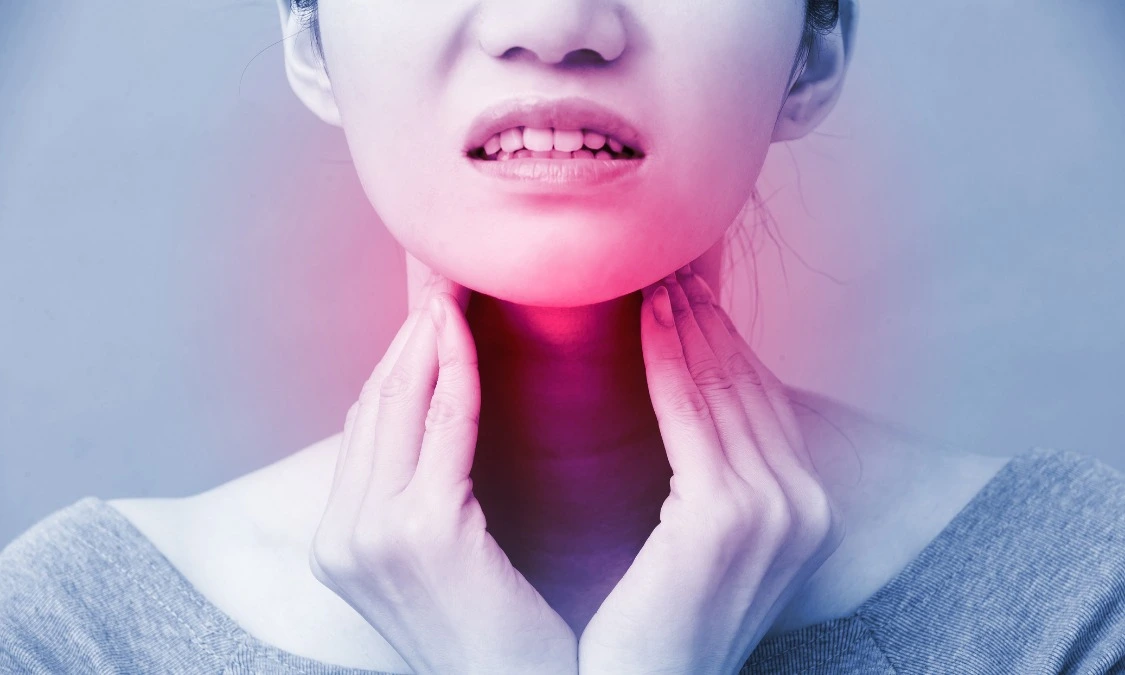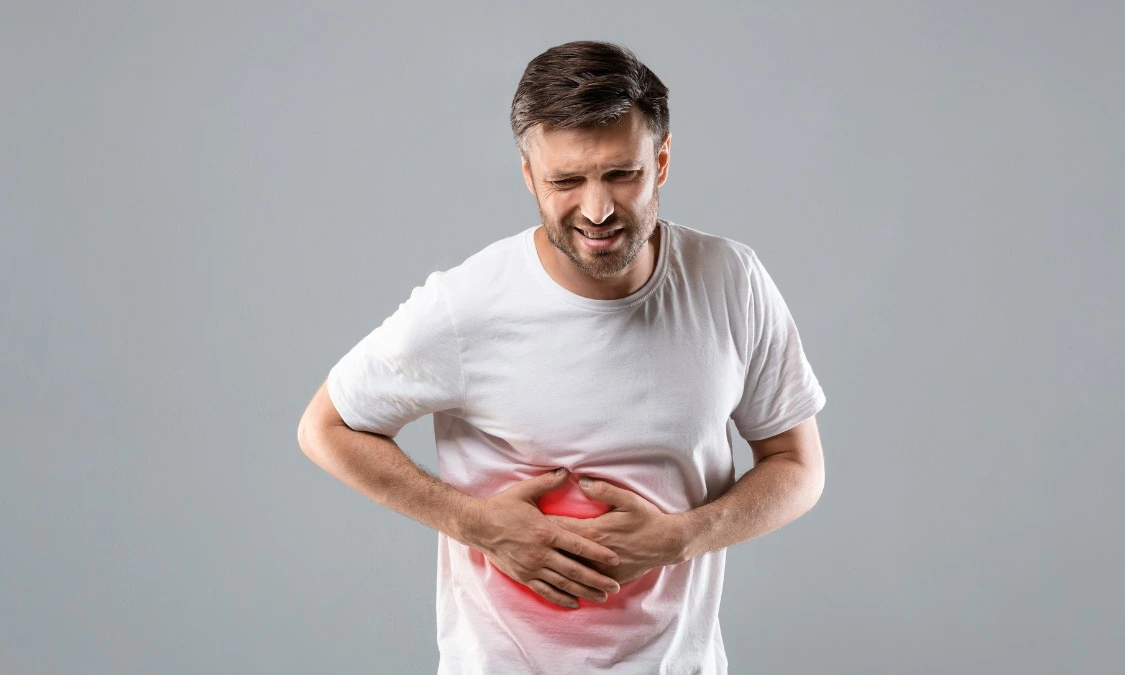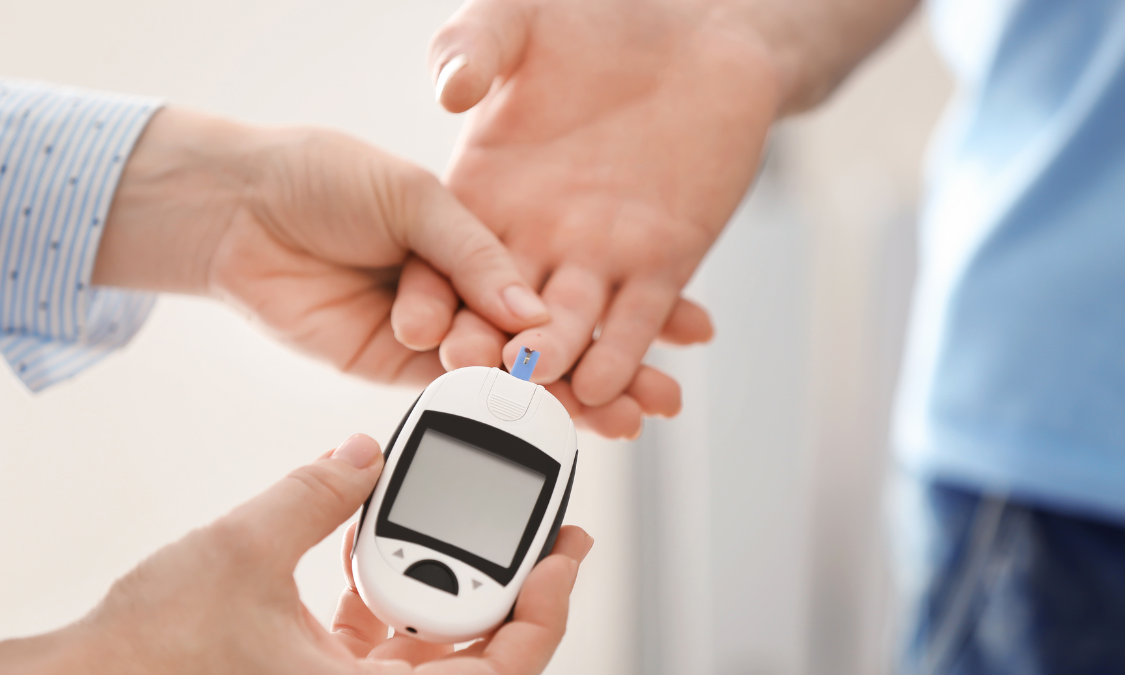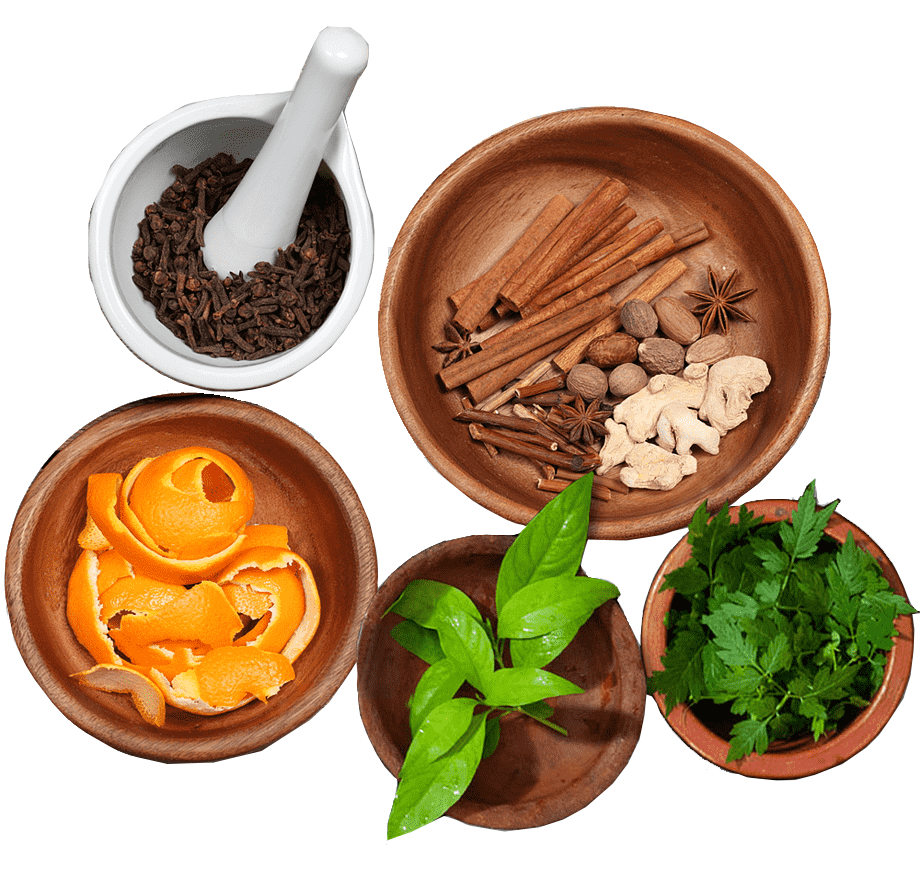PCOD: Benefits of Ayurvedic Treatment and Effectiveness
According to Ayurveda, PCOD comes under the Santarpanjanya Vikaras (diseases caused by excess nourishment, such as improper Ahara (diet) and Nidra (sleep)), it indicates the cause of these conditions is inappropriate diet and lifestyle factors that disturb your doshas (Bioelements which are responsible for all physiological functions). This is mainly due to the increase in Kapha Dosha or collection of Ama (toxins) + Vata Akshay (depletion). Contributing factors include:
Modern Understanding of PCOD
PCOD (or PCOS, Polycystic Ovary Syndrome), a systemic endocrine and metabolic disorder of contemporary Medicine. Key features include:
Sign and Symptoms
Ayurvedic Management of PCOD
The Ayurvedic approach to managing PCOD is holistic focusing on balancing doshas, improving metabolic functions, and supporting reproductive health. The management strategy comprises of:-
Dietary Modifications
Herbal Remedies
Lifestyle Adjustments
Panchakarma Therapy
Daily Routine and Hygiene
Ayusiddha’s PCOD Treatment
At Ayusiddha we have a multi-pronged strategy for PCOD which includes treatment plans customized as per individual’s condition. We include natural herbs, customized diet plans, and lifestyle changes we can make to get better & achieve overall good health. We customize therapy packages online as well as offline with the requirement of disease symptoms & accompaniments.

